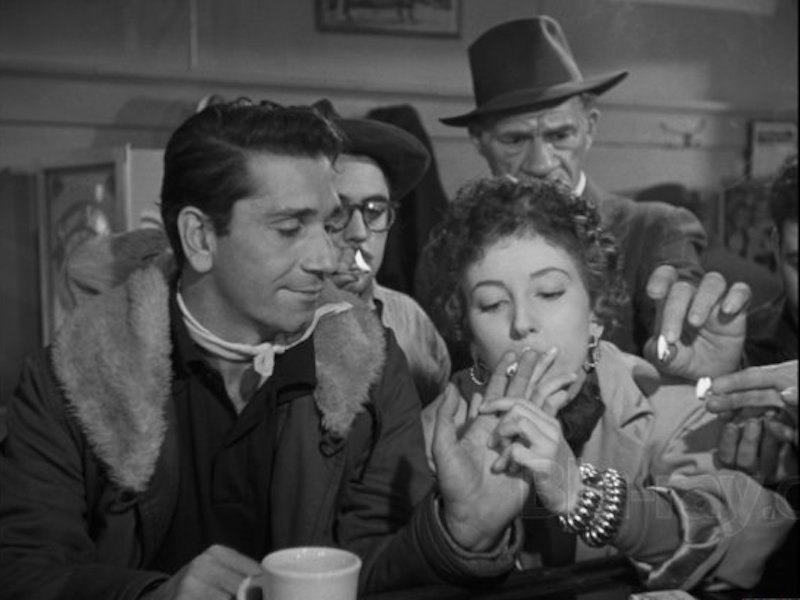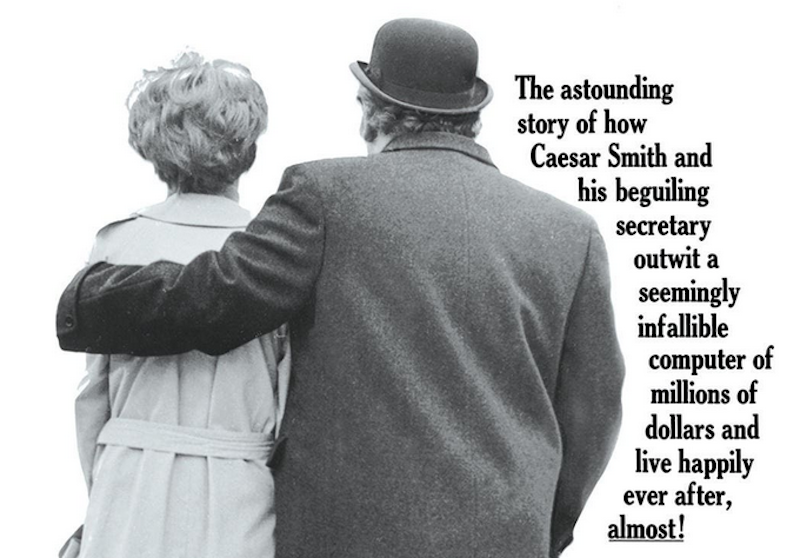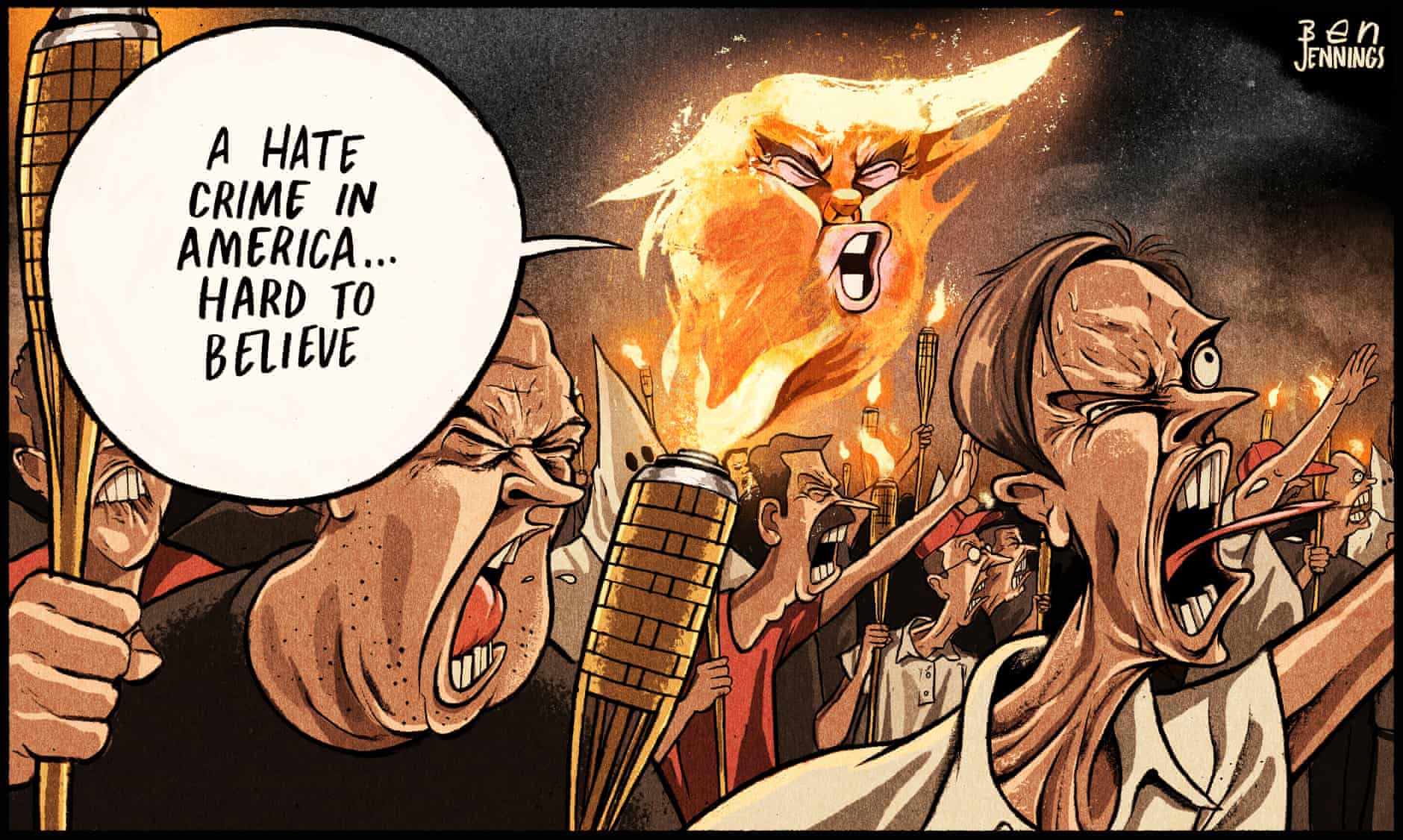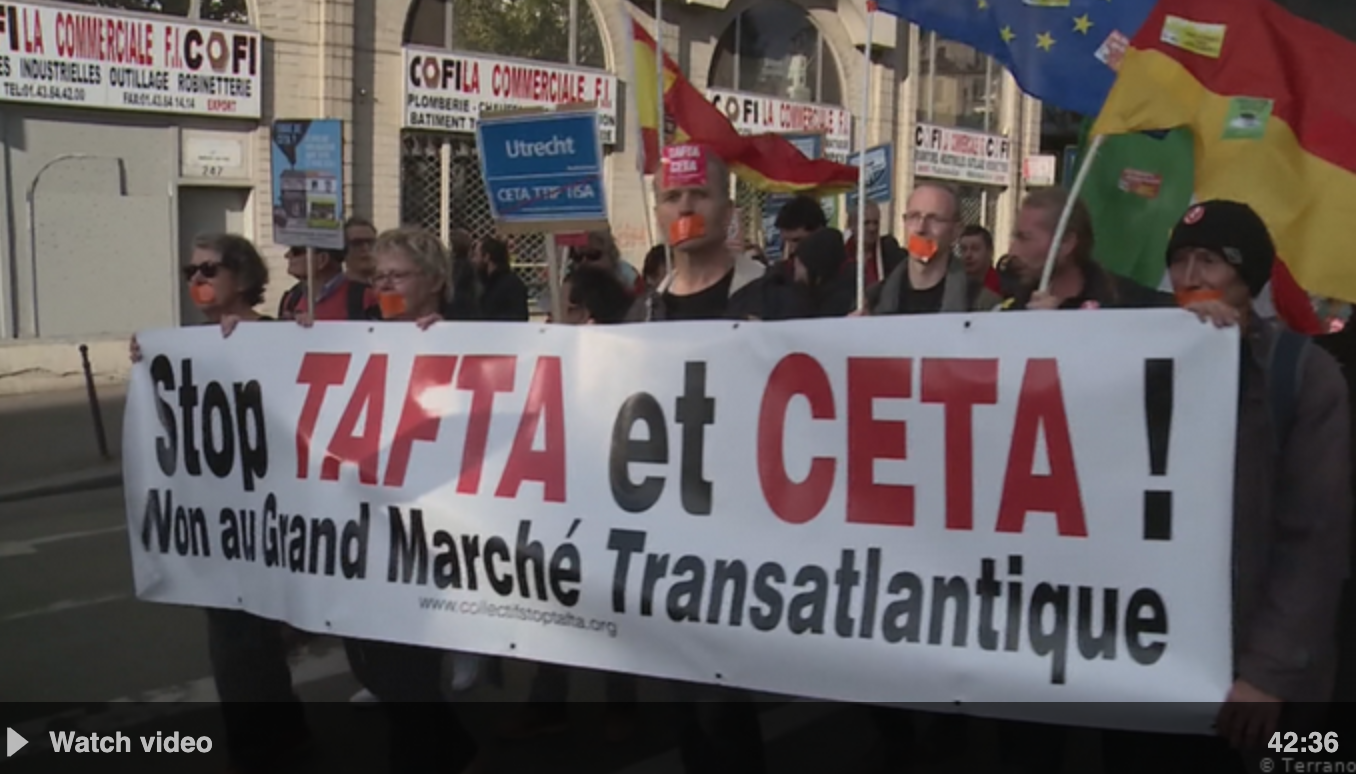"Thieves' Highway is a classic Noir tale of truckers and apples and greed and sex and San Francisco and California and highways and death."
Category: Capitalism
Movie Night: Hot Millions
"There's a lot more than just smiles to recommend this one–ts droll English humor, its glimpse at fashions and designs and trends of 1968, the fantastic acting of everyone, including the performance of Bob Newhart, whose movie outings are often forgotten, the sarcastic wit and the satire–it's a long list and will need a second viewing to get it all."
On Crime and Punishment This Fourth of July
"It's well worth a challenging read-and-think on everyone's part at this particular moment in the country and society."
Paranoia, Fear, Terror and Facebook, et al.
"Insane levels of fear and control and succumbing to terror. We are a nation which is perhaps the most fearful of all countries."
Corporate Power
"Many states whose sovereignty is threatened are now finally waking up to the danger. But is it perhaps already too late to do anything about the seemingly over-mighty corporations?"





